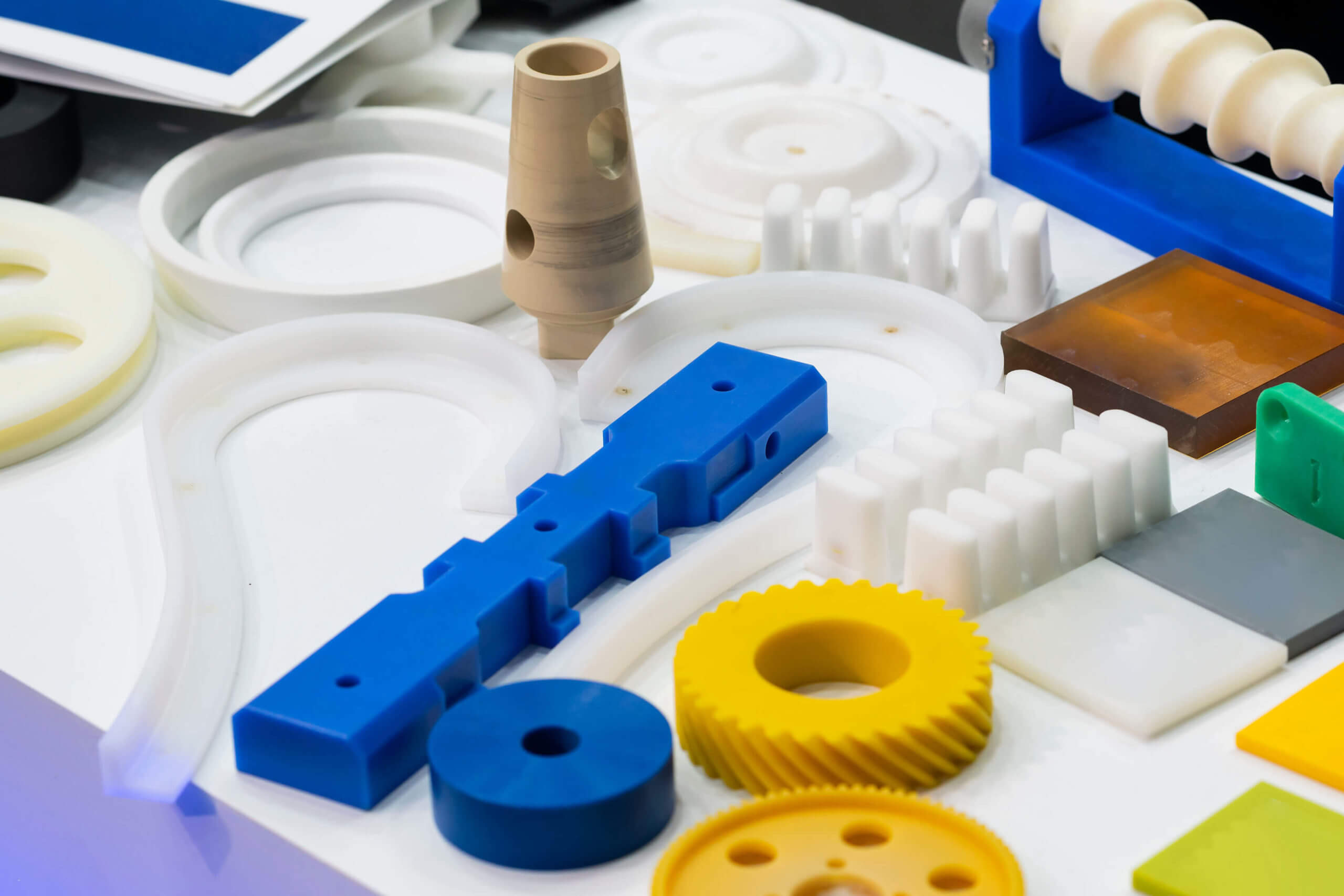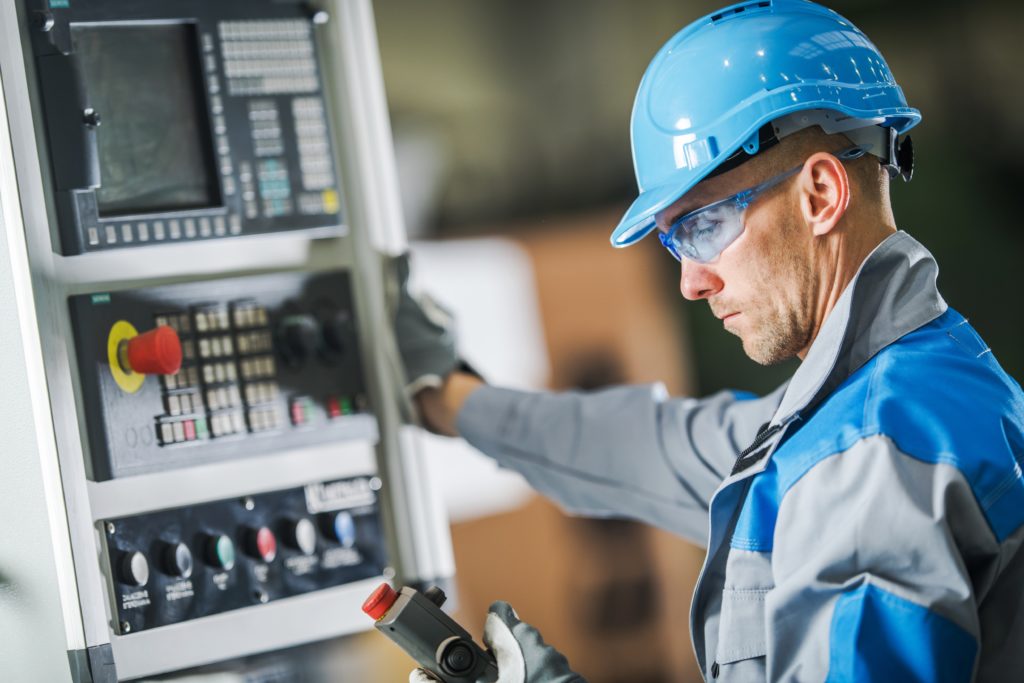High-precision polymer components for piston compressors are redefining reliability, efficiency, and performance across various demanding industries. These advanced polymers, now offering superior solutions, deliver not only lower friction, excellent chemical resistance, and outstanding dimensional stability, but also a level of reliability that was previously unmatched.
In this two-part series, we explore how polymer materials are transforming modern compressor design. This first installment focuses on the materials and components that make the difference. Part 2 will examine manufacturing practices, failure modes, and emerging trends.
High-Precision Components for Piston Compressors
Reciprocating (or piston) compressors are a cornerstone of industrial, medical, and energy-sector operations. These compressors function by drawing gas into a chamber and compressing it through the reciprocating motion of a piston. Their reliability, efficiency, and pressure range make them a popular choice for demanding environments like:
- Oil and gas refining
- Medical gas delivery systems
- High-purity gas applications
- Chemical processing and storage
- Air conditioning and refrigeration
Because these compressors often operate under high pressures and temperatures, component performance is crucial, particularly when handling chemically aggressive or high-purity gases. Let’s take a closer look at the polymer-based components that are redefining performance standards in piston compressors.
Piston Rings
Piston rings form a critical seal between the piston and cylinder wall, preventing gas leakage and improving compression efficiency. Carbon/graphite-filled PTFE is often used because it offers:
- Low friction and excellent wear resistance
- Stability under high pressure and continuous duty
- Excellent performance in dry running or marginal lubrication conditions
These properties make it ideal for compressors used in corrosive environments or where oil-free operation is required.
Sealing Rings and Wiper Rings
Sealing rings prevent gas leakage from the cylinder chamber, while wiper rings protect against particulate intrusion. These components benefit from materials such as Carbon/Graphite Filled PTFE, PEEK Bearing Grade, PPS with:
- Chemical inertness (ideal for high-purity and reactive gases)
- Dimensional stability at elevated temperatures
- Resistance to creep and deformation
PPS and bearing-grade PEEK offer additional mechanical strength, making them suitable for harsher environments and higher mechanical loads. In contrast, PTFE offers excellent chemical inertness and is available in FDA-approved grades.

Valves, Disks, and Plates
These high-speed components require both structural integrity and thermal resilience. In many designs, disks and plates are machined to precise tolerances to ensure rapid cycling and sealing without deformation or wear.
- PEEK Bearing Grade: Offers high tensile strength and dimensional precision
- PPS: Chemically resistant and dimensionally stable under thermal load
- Torlon: High-temperature resistance and unmatched wear performance
Each polymer is selected based on the compressor’s intended gas type, speed, and pressure conditions.
Piston Inserts and Guides
These components maintain piston alignment and ensure smooth motion throughout the stroke. Material selection focuses on long service life and low-friction sliding behavior:
- Low wear rate and minimal thermal expansion
- High-load capacity with consistent guiding performance
- Resistance to galling, scoring, and contamination buildup
The most commonly used materials are PEEK, PPS, and Torlon. Precision is critical here, as even minor misalignment can lead to early seal or piston failure.
Conclusion
Advanced polymers, such as reinforced PTFE, PEEK, PPS, and Torlon, are enabling the development of piston compressors that are lighter, cleaner, and more efficient. These materials offer a host of benefits that include chemical resistance, reduced maintenance, and extended component life. This makes them ideal for high-performance applications across various industries.
At Advanced EMC, we specialize in high-performance materials, including graphite/carbon reinforced PTFE, PEEK, PPS, and Torlon, which are machined to exact specifications for piston compressors and other demanding applications. Contact us today to discover how our custom polymer solutions can enhance efficiency, extend service life, and address the most demanding environmental challenges.
In Part 2, we will explore how these components are precision-manufactured.



